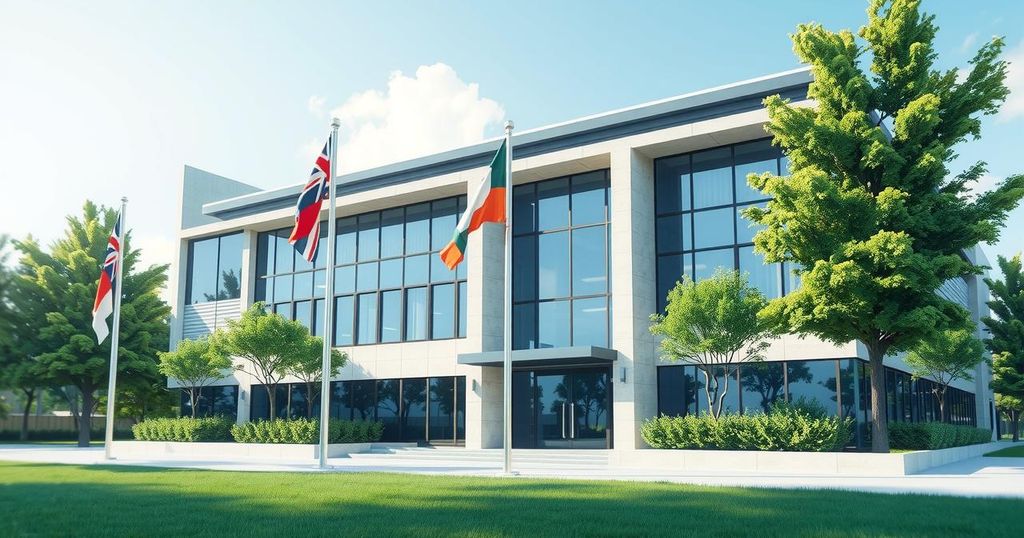Germany Reopens Embassy in Syria After 13 Years Amid Ongoing Violence
Germany has reopened its embassy in Syria after 13 years, following the ousting of Bashar Al Assad. The reopening, led by Foreign Minister Annalena Baerbock, emphasizes the need for a new beginning in relations, contingent on freedom and safety for all Syrians. Amid ongoing violence, this move aligns with similar diplomatic steps taken by other nations in the region.
Germany has officially reopened its embassy in Syria, marking the end of a 13-year closure that began following the suppression of an uprising by former President Bashar Al Assad. The embassy’s reopening comes in the wake of a recent rebel-led coalition ousting Mr. Al Assad, resulting in the installation of his successor, Ahmad Al Shara. This significant diplomatic move also occurs amidst ongoing violence in Syria, particularly on the coast where the Alawite community, which Mr. Assad represents, has been targeted.
The embassy was inaugurated by Germany’s Foreign Minister, Annalena Baerbock, who emphasized the necessity of a “fresh start” in relations between Europe, Germany, and Syria. Her visit underscores that such a transformation is contingent upon the assurance of freedom and security for all Syrians irrespective of their religion or ethnicity. This visit reflected on the prevailing concern among citizens about their safety individuals’ future in Syria, particularly in light of the recent violent outbreaks that have significantly eroded public trust in the new regime.
In December, the European Union announced plans to reopen its embassy in Syria as part of its initiative to engage with the new Syrian leadership. This move was shortly followed by similar actions from EU member Hungary, Turkey, and Qatar, who also reopened their missions in Damascus. Spain reopened its embassy in January, signifying a broader shift towards diplomatic engagement in the region.
In conclusion, Germany’s reopening of its embassy in Syria symbolizes a pivotal moment following the prolonged closure due to the civil unrest instigated by former President Bashar Al Assad. This reopening is conducted in a context of ongoing violence and reflects the conditional nature of diplomatic relations on the assurance of safety and freedom for all Syrian citizens. The engagement of other nations further illustrates a broader trend of re-establishing diplomatic ties amid shifting power dynamics in Syria.
Original Source: www.thenationalnews.com




Post Comment